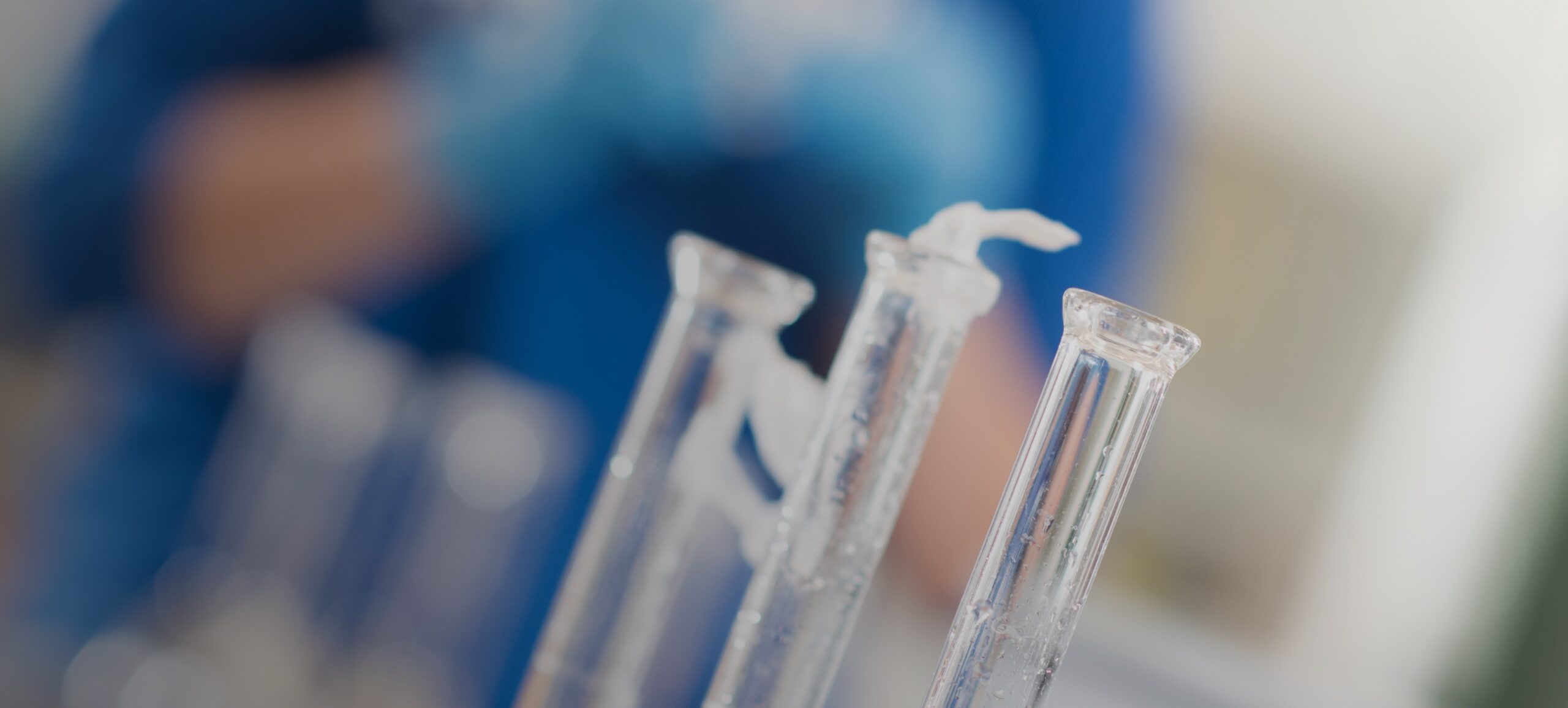Assumption Opens Center for Neuroscience

On Tuesday, Sept.11, Assumption will celebrate the opening of the new Center for Neuroscience by launching a career-informative session that highlights personal perspectives about neuro-related graduate programs. The four panelists, who are either currently enrolled or recently graduated from neuroscience-related graduate programs, will discuss why they decided to pursue graduate school, and ultimately, a career in neuroscience. The Center for Neuroscience is one of only a few of its kind in Massachusetts.
“The Center for Neuroscience offers a rich opportunity for neuroscience majors and non-majors to explore current brain-centric research findings via numerous routes,” explained Michele Lemons, Ph.D., associate professor of biology and the Center’s founding director. “It provides a distinctive opportunity for students to go beyond the classroom and to conduct research, learn of novel neuroscience discoveries and interact with neuroscientists, broaden their understanding of neuro-related careers and programs, and contribute to the community.”
According to Prof. Lemons, the Center aims to increase student research opportunities (through institution funding and her recent National Science Foundation grant will support student research full time during the summer from 2019-22); enable students to present their research at national conferences, such as the Annual International Society for Neuroscience Meeting; offer neuroscience-focused career-building events on campus; host a neuroscience-centric lecture series featuring nationally recognized neuroscientists; and engage in community outreach, such as visits to local elementary schools and generating awareness of brain-related diseases by participating in community 5k runs/walks. Next semester, Prof. Lemons plans to recruit nationally recognized neuroscientists to share their research findings on the understanding of the brain, which “will provide opportunities for the Assumption community to learn and ask about their own research findings in the field. It will also aid in networking opportunities,” she said.
Last spring, the Assumption approved a major in neuroscience and continues to also offer neuroscience concentrations connected to either a biology major or a psychology major. Prof. Lemons calls the Center a “great complement” to the new major and the existing concentrations, which “brings together an interdisciplinary selection of courses and faculty that empowers students in a number of ways.
For more information, visit the Center for Neuroscience webpage, or follow the Center on Instagram or Twitter.
